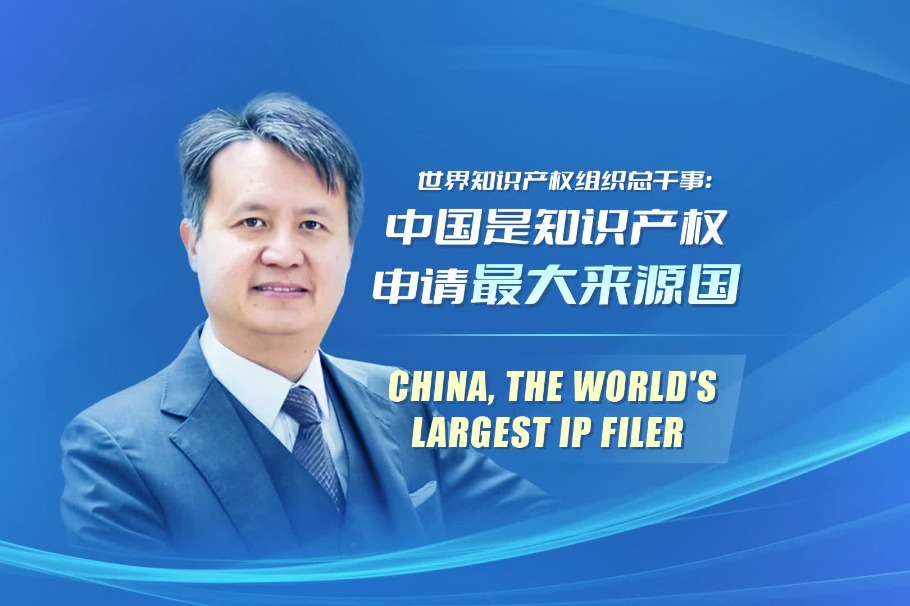China to enhance intellectual property review efficiency and protection

China will continue improving the efficiency of reviewing intellectual property rights, with optimized examination standards on patents in new fields, Wang Peizhang, an official from the China National Intellectual Property Administration said on Friday.
The patent examination standards will be facilitated in emerging sectors such as big data, artificial intelligence and gene technology this year, and greater efforts are being planned to be made in expanding the scale of the review, Wang told a news conference.
He also revealed that the average time spent reviewing an invention patent is expected to be reduced to 15.5 months.
Data released by the administration showed in late December that the review time last year was 16 months, shorter than the process in the United States, Europe, Japan and South Korea.
In addition, Wang said that the administration will strengthen efforts to promote the application and transformation of IP rights, establishing more centers to help protect IP rights and providing stronger guidance for Chinese entities to deal with disputes overseas.
He added: "IP-related public services will be enhanced, and an information platform on IP protection, along with about 10 national IP service industry clusters, are also to be set up."
Introducing China's IP achievements and development, Ge Shu, another official from the administration, said that the creation of high-value invention patents has been accelerated.
He cited data as adding that the number of such patents per 10,000 people in the country reached 11.8 by the end of last year, 5.5 more than that in 2020.
"The rapid growth of the IP field has become a strong support for advancing the economic and social development," he said. In 2022, for example, the added value of the copyright industry reached 8.97 trillion yuan ($1.24 trillion), accounting for 7.41 percent of GDP.
He highlighted the importance of the rule of law in the protection of IP rights, emphasizing that the country's steps in specifying IP-related laws and regulations have also played a big role in building a sound business environment.
"We'll deepen the legal construction in the IP field, so as to better serve innovators and various business entities," he added.




